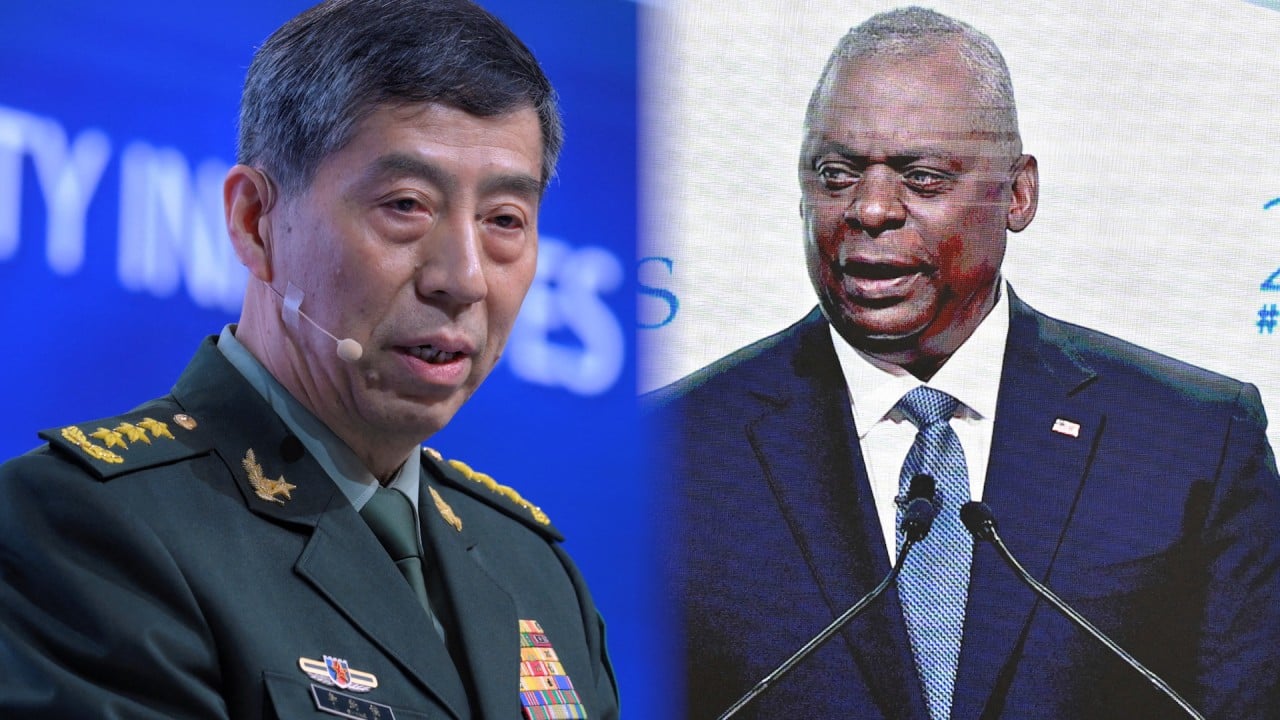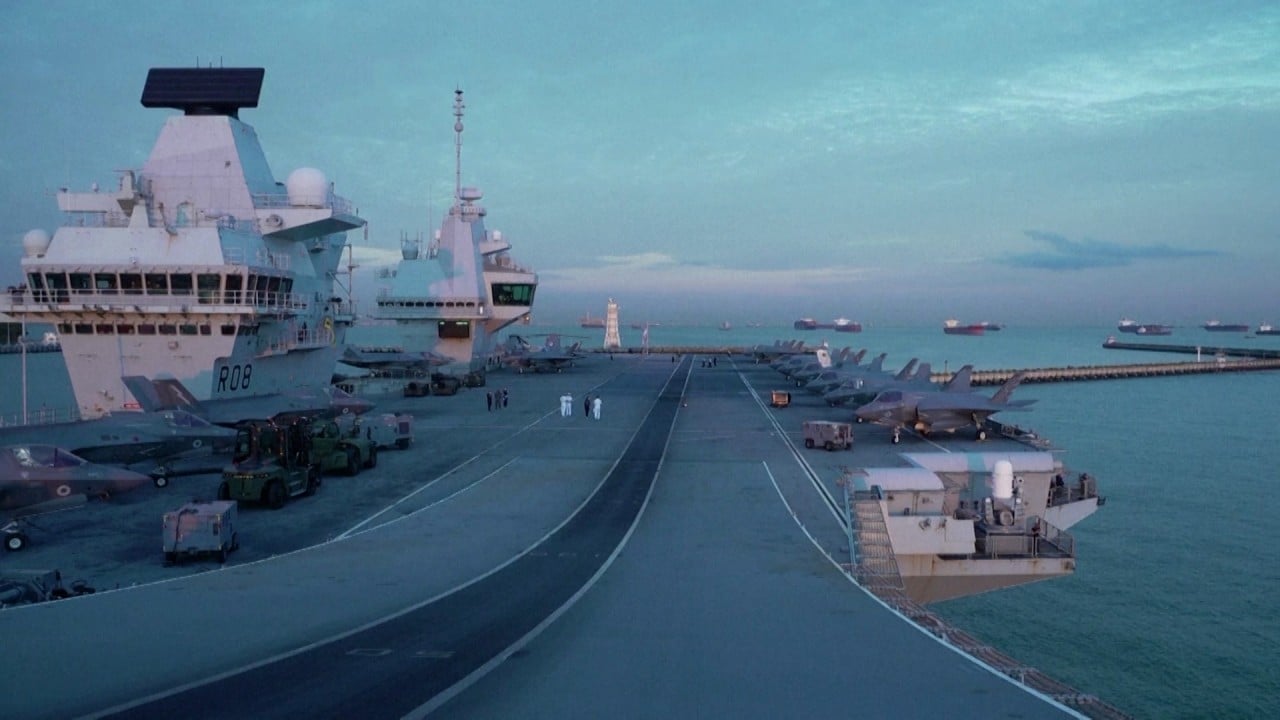
To understand the Quad’s real ambitions, ignore its empty rhetoric and look at its actions in the Indo-Pacific
- Behind the talk about upholding the rules, maintaining a free and open region and supporting Asean centrality lies a US-led resolve to protect interests
- Even the Quad’s aim to have responsibility for the Indo-Pacific is questionable – Australia is the only member that borders both oceans
In their words, the Quad intends to maintain a “free and open Indo-Pacific” and uphold “the rules-based international order”. This is code for the international system primarily built and dominated by the US and the West, and which preferentially benefits them. Quad leaders think it is increasingly under threat from a rising China and this must be deterred. They hope to do this by coordinating their strategy to constrain, contain and, if necessary, confront China.
The Quad’s agenda includes security issues like “upholding peace and stability in the Indo-Pacific maritime domain”, and “adherence to international law, particularly as reflected in the United Nations Convention on the Law of the Sea (Unclos)”.
While these factors may slow the Quad’s evolution into a full-blown anti- China defence arrangement, an increasingly aggressive China may be forcing one or more wary members to change their tune. America intends for the Quad to be a deterrent – China and many countries in the region see it this way, too.
“Our shared goals are clear: to deter aggression and to deepen the rules and norms that promote prosperity and prevent conflict,” he said. “So, we’re stepping up planning and coordination, and training with our friends from the East China Sea to the South China Sea to the Indian Ocean.”
When the Quad leaders say they “seek a region where no country dominates and no country is dominated – one where all countries are free from coercion”, this is seen as aimed at China. But the US coerces countries militarily and economically around the world, including in the Indo-Pacific.
Even the Quad’s aim to have responsibility for the Indo-Pacific is questionable. Australia is the only genuine Indo-Pacific nation in that it borders both oceans. The US borders the Pacific Ocean and has many possessions there left over from the colonial era and World War II, but what makes it an “Indo” nation?
The US created this fuzzy Indo-Pacific concept and grouping by cobbling together countries at the extreme edges of the region in its strategy to surround China. This seems based on conceptual imperialism. Indeed, the key for the US is that it has security interests and military bases in the area and deploys its military there.
The Quad leaders also emphasise the importance of adherence to international law and Unclos. But the US has not ratified Unclos and some of its practices and claims, as well as those of Australia, India and Japan, are contrary to its provisions.
The point is that one should not rely solely on the Quad’s pompous rhetoric but instead gauge its intent by its actions. For perceptive analysts and policymakers, reality trumps spin.
Mark J. Valencia is a non-resident senior research fellow at the Huayang Institute for Maritime Cooperation and Ocean Governance



